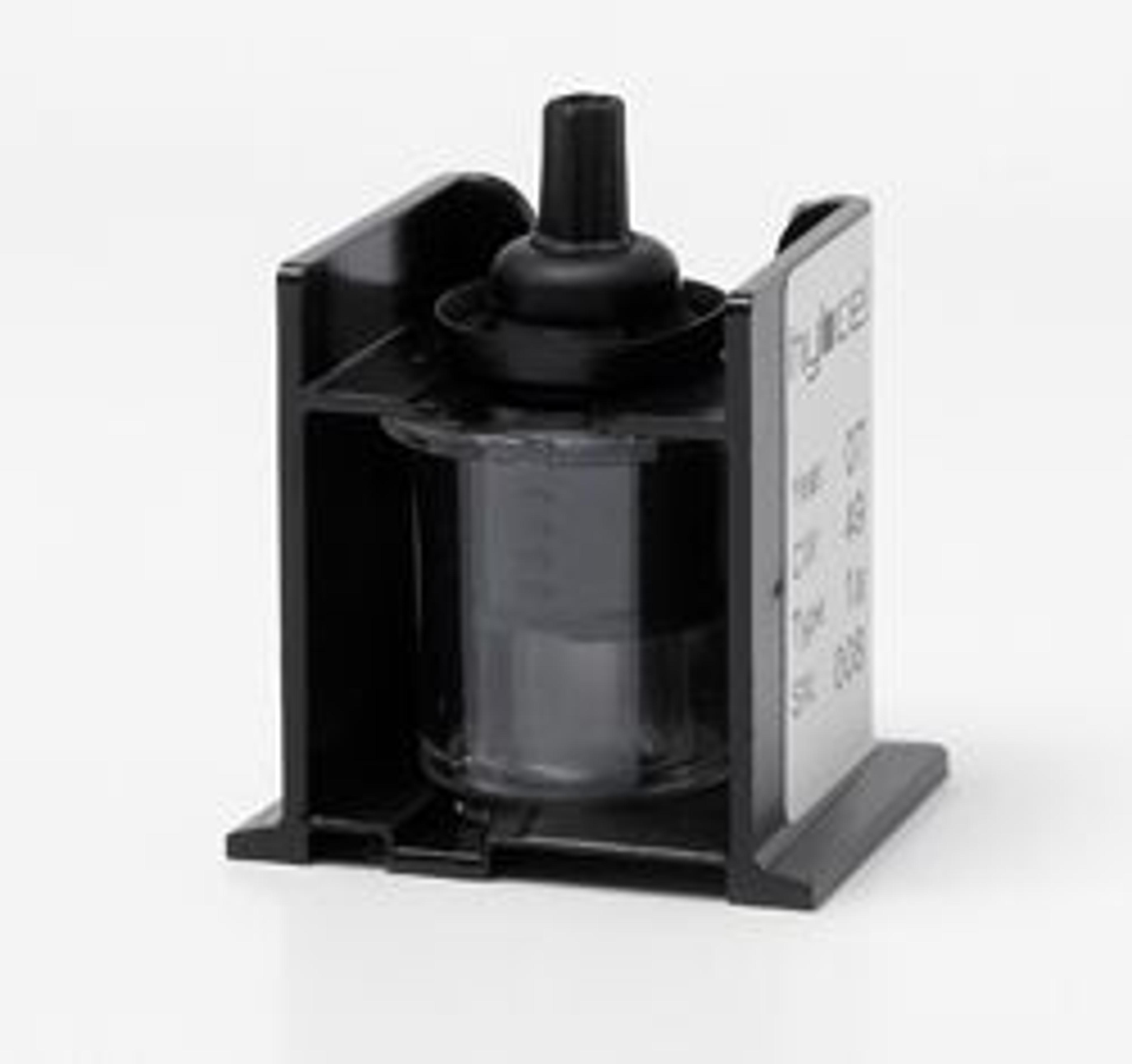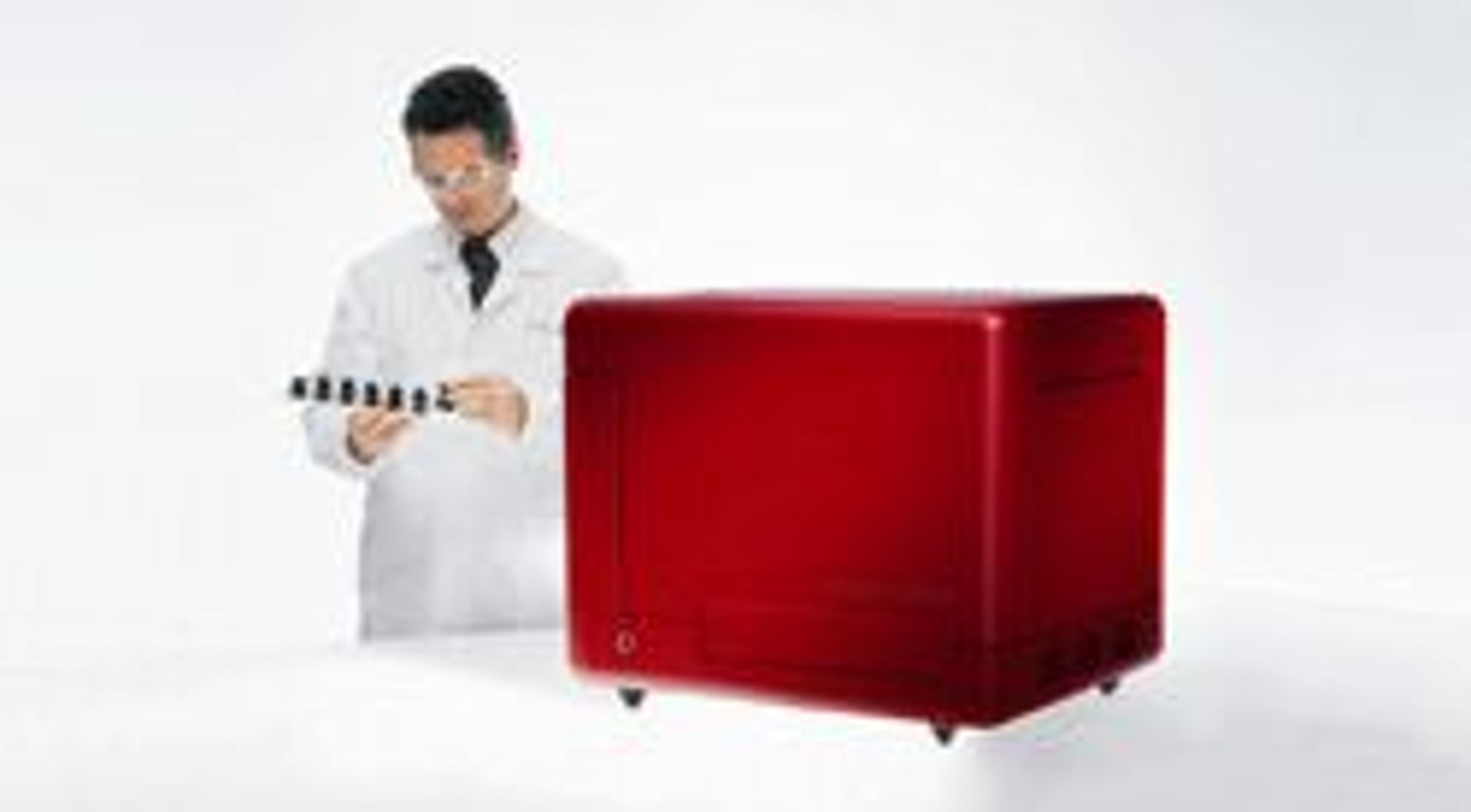Revolutionary hybcell Technology for Fast & Sensitive KRAS Testing
9 Mar 2012
The increasing number of point mutation based diagnostics in clinical routine laboratories has resulted in significant interest in new DNA sequencing methods such as Next Generation Sequencing. However, these complex and time consuming methods are not always suitable for clinical settings. Anagnostics has developed a rapid and easy to use KRAS mutation test which can be readily implemented into a routine clinical laboratory.
Anagnostics Bioanalysis compact sequencing is based on the principles of microarrays. While traditional arrays are printed on slides, Anagnostics’ patented hybcell arrays are composed of DNA (or protein) detector molecules which are immobilized on the surface of a cylinder (‘spots’). This cylinder is enclosed within a container which is filled with sample, and various analyses proceed simultaneously in the hyborg device. The device integrates thermocycling, washing, hybridisation and detection.
KRAS mutations are often present in patients with colon, pancreas and lung cancer. In addition, the therapeutic antibodies Erbitux® and Vectibix® are only effective treatment options in patients without KRAS gene mutations. The hybcell Oncogenes Tissue plexA Assay for KRAS is used to establish evidence of the seven clinically relevant activating mutations in codon 12 and 13 of the human KRAS gene. The analysis is rapid, and unambiguous results are provided in a user-friendly report in less than 1 ½ hours. 1 to 8 samples at a time can be analyzed on the automated hyborg system, eliminating the need to wait for enough samples for batch analysis, and minimizing the wasting of expensive reagents when analyzing a single sample. The test shows high selectivity and sensitivity, with quantitation of mutated DNA down to 2%.
Pharmacogenetics testing using compact sequencing is easy to use, fast and cost effective. It provides a valuable alternative to other sequencing methods or RT-PCR for routine diagnostics. The test is available as a CE-IVD Test and an extended version, including additional 25 KRAS mutations in codons 13, 61, 146 as well as 15 BRAF mutations, is due to be released later in the year. A test for identification of pathogens will also be available by the end of the year.


